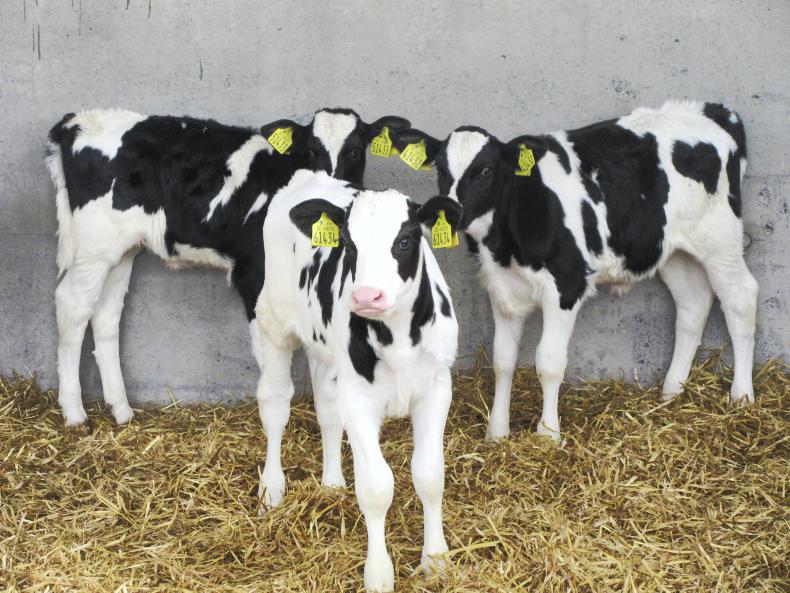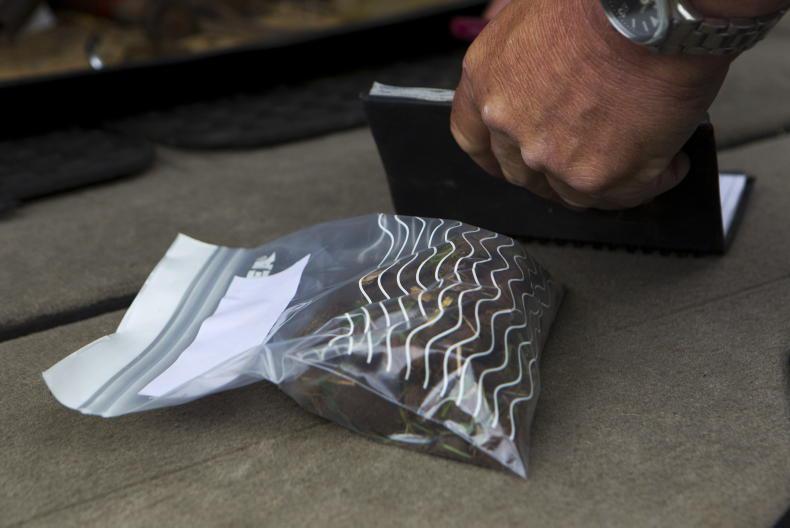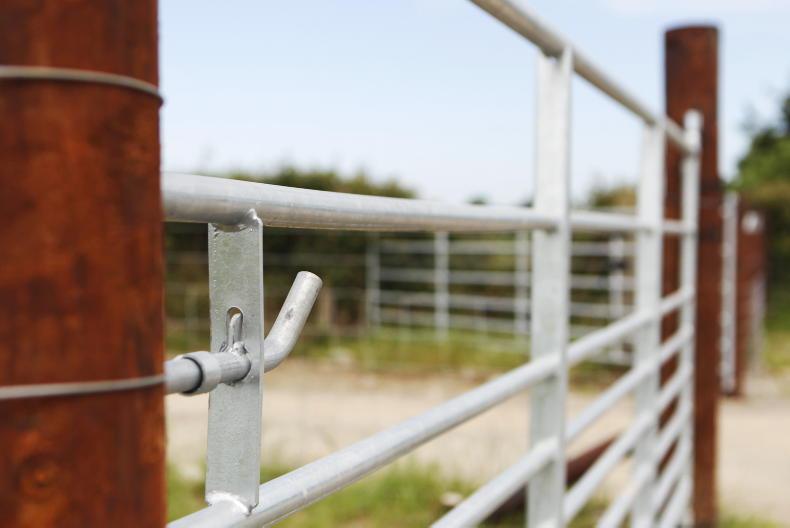A new £45m soil sampling scheme will not be used to enforce rules on fertiliser and slurry applications, DAERA has confirmed.
“Your data will not be used by DAERA for enforcement of regulations,” reads new scheme guidance published by the department.
The new Soil Nutrient Health Scheme (SNHS) was officially launched on Tuesday and will see a free-soil sampling service offered to every farmer in NI over the next four years.
Zones
NI has been split into four zones for the rollout of SNHS. Farms in southeast will be able to apply online in May 2022 for soil samples to be collected from November 2022 to February 2023.
The soil samplers will then move anticlockwise on the map, so farms in the southwest will be analysed during the winter of 2023/24, the northwest in 2024/25 and farms in the northeast will be completed in 2025/26.
“The data captured from the SNHS will provide farmers with important information on soil nutrient levels for each field on their farm, as well as an estimate of the amount of carbon stored in their soils, hedgerows, and trees,” said Agriculture Minister Edwin Poots.
Scheme guidance states that the soil analysis will give details of pH, phosphorus, potassium, magnesium, sulphur, and organic matter levels. The estimates of above-ground carbon will come from an aerial Light Detection and Ranging (LiDAR) survey.
DAERA previously proposed that carrying out soil testing and LiDAR could be a requirement for farmers to claim the main replacement to the Basic Payment Scheme, known as the Resilience Payment. However, no update on this proposal was included in this week’s announcement.
All land eligible
SNSH is being administered by the Agri Food and Biosciences Institute (AFBI) and all land declared on each farmer’s Single Application Form, including owned and rented land, will be eligible.
Training will also be provided by CAFRE to help farmers interpret the results and develop a nutrient management plan.
The official launch of SNHS was welcomed by the Ulster Farmers’ Union and its president, Victor Chesnutt, suggested the scheme could “revolutionise” how land and soils are managed in NI.
“We’re the first region to establish an extensive baseline of all farms on soil nutrients, below and above ground carbon stocks.
“If we measure, we can manage, and this scheme will help us to improve water quality and make more progress towards climate change targets,” he said.










SHARING OPTIONS